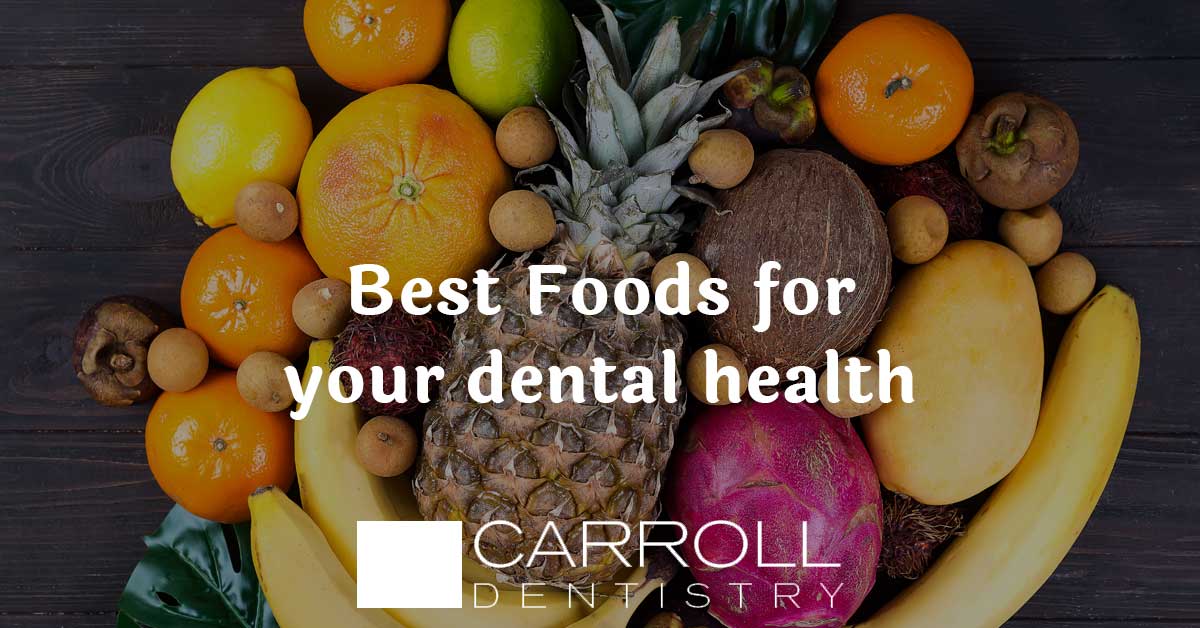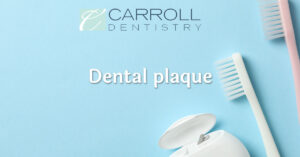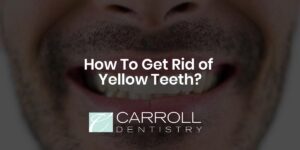Your teeth are one of the most important parts of your body. After all, without them, it would be much more difficult to nourish yourself! Long gone are the days when we looked for healthy food options just for weight loss or for keeping blood sugar levels and cholesterol in check. Today we look for best diets to address multiple health problems including digestive, hormonal, weight gain and for healing other conditions. Basic health aside, what and how you eat are also vital factors in your oral health. A healthy diet packed with nutrients can go a long way in helping you maintain good oral health. On the other hand, a bad diet can hurt the health of your teeth and gums. Your smile may be the first to suffer! Some ideas:
Yogurt, milk, and cheese
Dairy products, including cheese, yogurt, and milk, encourage the body to produce more saliva that protects your teeth. Cheese and yogurt are rich in calcium and protein and help strengthen your teeth. Yogurt contains beneficial bacteria – probiotics for your digestive system. Drinking milk can neutralize acids produced by plaque-causing germs. If you are sensitive or allergic to dairy, you can opt for calcium- and protein-fortified nut milk like almond, cashew, or soy milk.
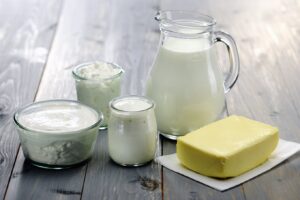
Water
Water is one of the best drinks that acts as a great cleanser. Drinking plenty of water can help eliminate dry mouth by keeping the mouth moist to prevent the bacteria that leads to cavities, bad breath, or gum disease. Drinking fluoridated water is one of the easiest and most beneficial ways to prevent cavities. Besides, water helps wash away food particles and keeps the saliva levels high. Consuming these foods in plenty can make a difference in your oral health. Loading your diet with vegetables, fruits, low- or no-sugar-added dairy products, lean proteins, and plenty of water is a healthy way to prevent tooth decay and promote oral health.
Crunchy, Water-Rich Food
Crunchy foods promote salivary flow. They also serve as natural teeth cleaners, removing food residue on the tooth surface. They’re easily portable to snack on daily at school, work, or play. Introduce these healthy foods to kids when they’re young. Sweets are fine when enjoyed sparingly.
- Apples. They’re high in water content, plus they’re tasty too.
- Carrots. Since raw carrots are hard and require a lot of chewing, they help stimulate saliva production in the mouth. Their texture also helps with gentle scrubbing of the tooth surfaces.
- Celery. This raw vegetable is not just good for the body, it’s great for our teeth too. Consider it a natural dental floss, thanks to its fibre-rich strands.
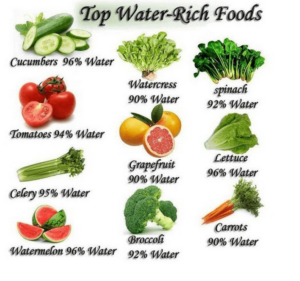
Meat, Fish & Soy
Meat and soy contain arginine which is an amino acid that helps in protecting teeth from decay, cavities and plaque. Eggs, meat, fish and soy products are also few of the the top healthy foods you can eat for healthy teeth and gums as they prevent periodontal disease and make bones and teeth stronger. Fatty fish like wild salmon, tuna, Atlantic herring and mackerel are great sources of Omega 3 fish oils and Vitamin D. They not only prevent gum disease and tooth decay but also protect against heart disease.
Limiting sugars and fats
The guide suggests sticking to about 30 to 45 mL of unsaturated fat like cooking oil every day. It also recommends limiting your intake of sugary foods like cookies, granola bars, ice cream and muffins, but it doesn’t mention any specific numbers. Check the nutrition facts on food before buying — you might be surprised by how much fat and sugar it has!
Carrots
Raw carrots are one of the best natural sources of vitamin A there is. They’re also full of fiber, so they’ll help with gum stimulation and cleaning just like apples will.
Celery
Those little celery string may be annoying, but they’re pretty useful when it comes to getting icky stuff off your teeth. Fun fact: celery is also full of vitamin A and vitamin C!
Bad diet can cause a lot of problems. Check HERE if you experience painful gums when you eat, drink, brush, or floss.

